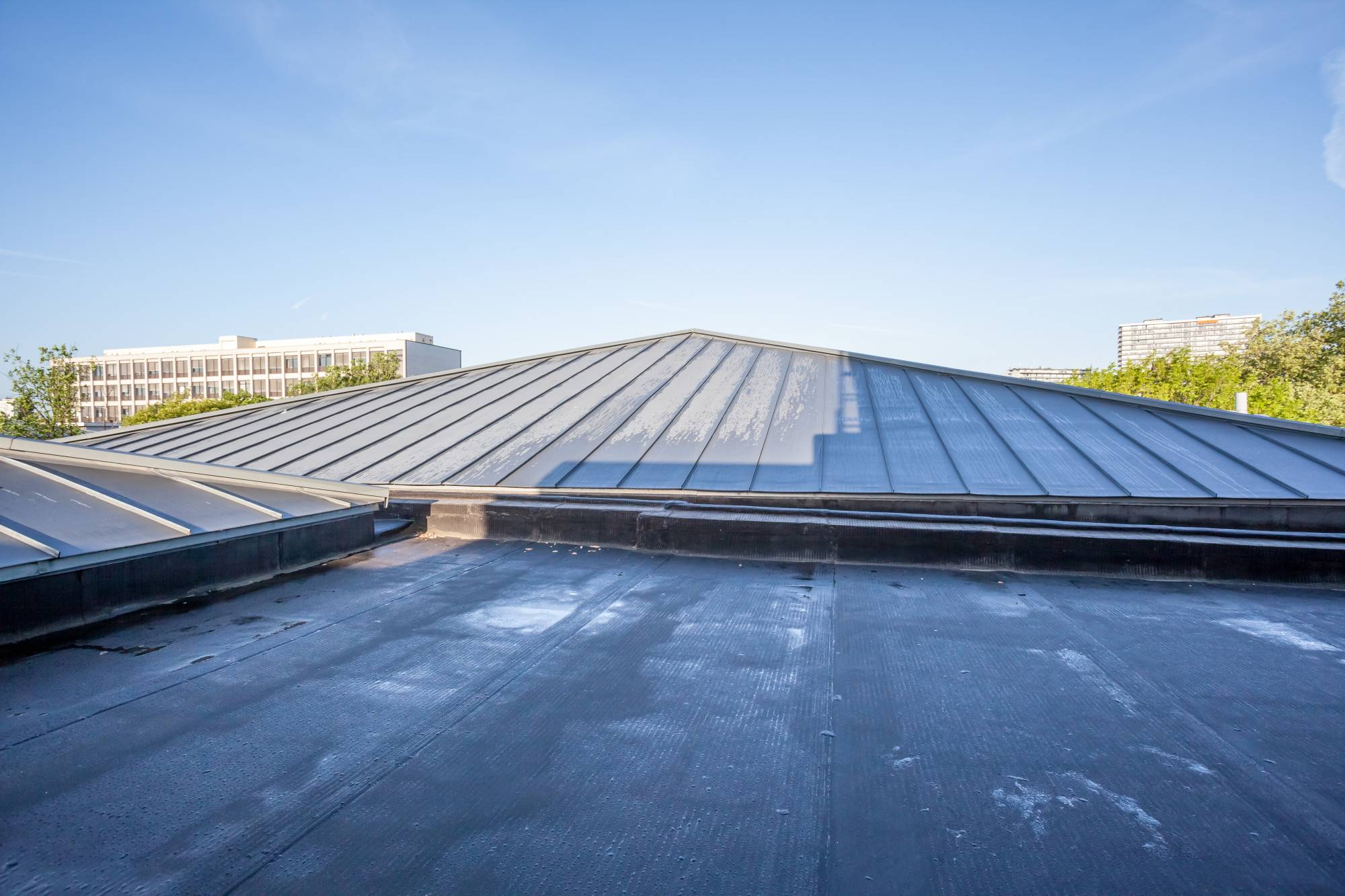Roofs in America are designed to last 30 years on average. Of course, many of them last much longer than that, and some need replacing within a much shorter time, depending on a variety of factors. But once it’s clear that your roof needs replacement, you can’t afford to neglect it, especially when it comes to commercial roofing.
A roof on your business establishment does much more than just protect your staff and clients from the elements. It’s an essential part of your premises’ appearance and communicates your professionalism.
Currently, there are various types of commercial roofing you can choose between once you decide to embark on a roof installation project. We discuss six of them in this guide to help you make an informed decision.
Read on to learn more.
Single-Ply Roofing
Single-ply roofing systems typically use PVC, TPO, and EPDM. Consumers love these materials because of how flexible and robust they are. The materials can effectively resist cracking, peeling, and other kinds of weathering.
The primary characteristic of single ply roofing systems is that they’re installed in a single layer, as their name implies.
Let’s take a closer look at each of the three materials commonly used in single-ply roofing systems:
TPO
TPO stands for thermoplastic polyolefin. The roofing material is popular when it comes to low-slope roofs. It includes reinforced sheets featuring heat-welded seams.
TPO roofing tends to be highly reflective. The roofing system is available in a wide array of colors, with grey, white, and tan being the most common.
Commercial roofing contractors install TPO roofs in different ways. The three top installation methods are mechanically attaching the roofs, adhering them, or ballasting them.
PVC
Short for polyvinyl chloride, PVC roofing features two PVC layers with a scrim of polyester reinforcement in between.
Additives on the top ply make the roof resistant to harmful UV radiation. The darker bottom play has plasticizers that offer flexibility and make installation much easier.
The durability, longevity, and fire resistance qualities of PVC roofing make it one of the most preferred commercial roofing types today. PVC is also highly recyclable, which makes it eco-friendly.
EPDM
EPDM, or ethylene propylene diene monomer, is well known for its unquestionable toughness and elasticity. The roofing material is excellent when it comes to resisting UV light and the damaging rays of the sun. Despite its many impressive features, EPDM is remarkably affordable, which makes it highly desirable among customers.
Modified Bitumen Roofing System
Modified bitumen roofs combine asphalt and a chemical polymer, making them highly flexible and temperature resistant. These roofs can be applied in multiple layers and in a variety of ways. They can also be installed in both cold and temperatures, meaning installation is possible no matter the season.
Typically, seams form a highly secure bond once melted together. Modified roofing systems are rated against fire, hail, and wind, making them resistant to damage during storms.
Built-Up Roofing System
Built-up roofing systems have been around for well over a century, making them among the oldest on this list. These roofing systems consist of 3 to 5 layers for added protection.
A built-up roofing system can perform exceptionally well in the most extreme climatic condition. These roofs have a wide range of high and low temperatures.
Metal Roofs
Commercial metal roofing is among the oldest roofing types on the market. In most cases, galvanized steel is used for this roofing system, although tin and aluminum may also be used.
Because metal roofing material is considerably light, contractors can install it on top of an existing roof. Once the installation is over, a coating can be added for protection against rust and UV radiation. The coating also adds waterproofing benefits to the roof.
Metal roofing systems are generally cost-effective, depending on the specific metal panels you opt for. The material is available in a wide variety of designs and colors.
Metal roofs are also remarkably stable and can withstand high winds and snow. And when you care for your metal roof well, it can last as long as 50 years.
Shingle Roofing
While shingle roofing is most popular for residential roofing, the material is also often used for steep-slope commercial roofs. Shingles are made from a variety of materials, including slate, metal, wood, plastic, asphalt, and ceramic.
The two most common shingles types are asphalt and architectural.
Asphalt shingles are the more commonly used shingle type. They’re well-known for their affordability.
Architectural shingles are heavier and multilayered. They’re not only aesthetically more pleasing but also a lot more durable than their asphalt counterparts. As you’d expect, these shingles also cost more asphalt shingles.
Shingle roofing systems come in a large variety of designs and colors. Commercial roof repair is also easy with these roofs as issues are easy to spot.
Liquid Applied Roofing
Liquid applied roofing systems feature a membrane that’s constricted in place using resin and a reinforcing polyester. These roofs offer excellent waterproofing qualities.
Installation of liquid applying roofing can happen in two ways. The material can be roller applied or sprayed on in two separate coats. One of the benefits of this roofing type is that it doesn’t emit strong or harmful odors, which means your business can stay open during installation.
Know Which Types of Commercial Roofing to Use
As you have seen, there are many types of commercial roofing from which you can choose. Knowing the pros and cons of these roofing types helps you make the right choice when planning your next roof installation or replacement project.
Are you interested in reliable and affordable roofing solutions? Please, contact us today and get a free inspection and quotation from our roofing experts.

